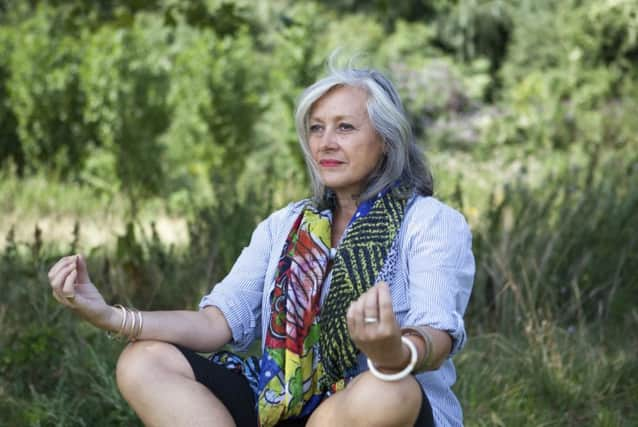Buddhist style meditation ‘could treat depression’


The first large-scale study in mindfulness-based cognitive therapy (MBCT) has found it could offer similar protection against depressive relapse or recurrence for people who have experienced multiple episodes of depression. MBCT provides structured training for the mind and body which aims to change the way people think and feel about their experiences.
Researchers found that over two years relapse rates were 44 per cent in the MBCT group compared to 47 per cent in the medication group – suggesting it offers an “alternative treatment” for those averse to the idea of taking drugs.
Advertisement
Hide AdAdvertisement
Hide AdProfessor Richard Byng, of Plymouth University Peninsula Schools of Medicine and Dentistry, who co-authored the study, said: “Currently, maintenance antidepressant medication is the key treatment for preventing relapse, reducing the likelihood of relapse or recurrence by up to two-thirds when taken correctly.
“However, there are many people who, for a number of different reasons, are unable to keep on a course of medication for depression.
“Moreover, many people do not wish to remain on medication for indefinite periods, or cannot tolerate its side effects.”*
A course of MBCT treatment typically lasts for eight weeks and mainly relies on meditation but also includes cognitive behaviour therapy and yoga.
It is designed to help the patient develop a healthier, more accepting relationship with their thoughts and feelings.
Study co-author Professor Sarah Byford, from the Institute of Psychiatry, Psychology & Neuroscience at King’s College London, said: “As a group intervention, mindfulness-based cognitive therapy was relatively low cost compared to therapies provided on an individual basis and, in terms of the cost of all health and social care services used by participants during the study, we found no significant difference between the two treatments.”
The findings were welcomed by mental health campaigners, as activities like mindfulness and talking treatments can provide “real benefits” to people suffering from mental health issues.
Jo Anderson, director of external affairs at Scottish Association for Mental Health (SAMH), said: “We welcome this research that demonstrates the effectiveness of mindfulness-based cognitive therapy for the ongoing management of depression.
Advertisement
Hide AdAdvertisement
Hide Ad“For SAMH, the key point is that there should be a choice of treatments available to an individual, giving them options to find out what works for them.
“Whether this is medication, psychological therapies, alternative therapies, or a combination of treatments, having access to a wide range of support tools can greatly help with someone’s recovery.
“Every day SAMH sees the real benefits for people who engage with activities such as mindfulness.”